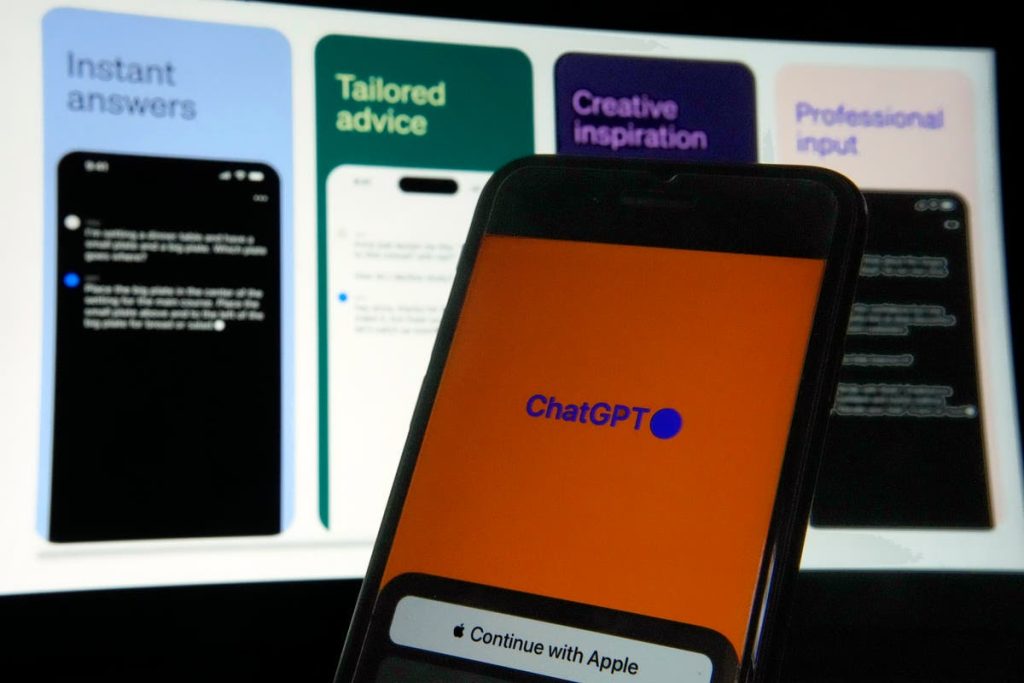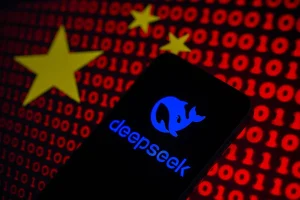OpenAI to Challenge Google with Revolutionary New AI Search Engine

OpenAI is preparing to shake up the search engine market with a groundbreaking new AI-powered search tool. The announcement is strategically timed just a day before Google’s big event, possibly hinting at a fierce competition ahead.
The upcoming launch is exciting for many reasons. OpenAI’s new search engine promises direct information retrieval, aiming to offer a strong alternative to Google’s longstanding dominance. This move could redefine how we search for information online, pushing the boundaries of artificial intelligence technology.
The Big Announcement
OpenAI, known for its groundbreaking ChatGPT, is set to unveil a new AI-powered search engine. This ambitious move comes just a day before Google’s highly anticipated I/O conference. OpenAI aims to challenge Google’s dominance in the search engine market.
Microsoft-backed OpenAI’s new search product extends its ChatGPT capabilities, allowing for direct information retrieval from the web with citations. This new feature is expected to revolutionize how users gather information online, offering an alternative to traditional search engines.
The Rise of AI in Search Engines
AI is rapidly transforming the search engine landscape. Google has already announced plans to integrate generative AI into its search engine. This includes features that generate detailed summaries and provide more interactive search responses.
Perplexity, a startup founded by a former OpenAI researcher, has also made strides in this field. Valued at $1 billion, Perplexity’s AI-native search interface includes citations in its results, and it boasts 10 million monthly active users. This demonstrates the growing demand and acceptance of AI-based search technologies.
OpenAI’s ChatGPT, widely regarded for its human-like conversational abilities, is now venturing into real-time information retrieval. However, the challenge remains in ensuring the accuracy and timeliness of the information provided.
Challenges and Competition
Despite its success, ChatGPT has faced challenges with providing real-time and accurate information from the web. Previous attempts, like the ChatGPT plugins, were retired due to these difficulties.
Google, a long-time leader in search technology, continues to innovate with its own AI advancements. The competition is fierce, with both OpenAI and Google striving to offer the most reliable and user-friendly AI search experience.
Moreover, the fluctuating traffic to ChatGPT’s website highlights the volatility in user engagement. OpenAI needs to address these issues to make a significant impact in the search engine market.
OpenAI’s Strategic Moves
OpenAI recently updated its ChatGPT Plus product to include a memory feature, enabling the chatbot to learn and recall user preferences. This enhancement is a step toward creating a more personalized user experience.
Additionally, integrating Microsoft’s Bing into ChatGPT for paid subscribers signifies OpenAI’s strategic partnerships to bolster its search capabilities. This collaboration is crucial for providing more accurate and comprehensive search results.
OpenAI’s decision to make these updates ahead of Google’s major event indicates a calculated move to capture attention in the competitive AI space. Timing is essential in the tech industry, and OpenAI seems to understand this well.
User Experience and Engagement
ChatGPT’s appeal lies in its ability to generate human-like responses to text prompts. This has been a significant draw for users seeking more interactive and engaging online interactions.
However, the key to sustained user engagement will be continuous improvements and innovations. OpenAI must ensure that its search engine remains relevant and useful to users.
Feedback and adaptation will play a critical role in refining the AI’s capabilities. Listening to user needs and responding with tailored updates will help maintain a loyal user base.
Future Prospects
The AI-driven search engine market is poised for rapid growth, with major players like OpenAI and Google leading the charge. The competition will likely spur further innovations and improvements in AI technology.
OpenAI’s bold move to challenge Google signifies a broader trend of rising competition in the tech industry. This could lead to more diverse and advanced search engine options for users.
Ultimately, the success of OpenAI’s new search engine will depend on its ability to offer a reliable, accurate, and user-friendly experience. The next few months will be critical in determining its market impact.
OpenAI’s bold move to launch an AI-powered search engine signals a significant shift in the tech industry. By integrating ChatGPT with real-time web retrieval, OpenAI aims to offer a viable alternative to established search engines. These advancements highlight the growing importance of AI in everyday technology, promising a dynamic and competitive future in search innovation. The next few months will be pivotal for OpenAI as it strives to meet user expectations and carve out its place in the market.





